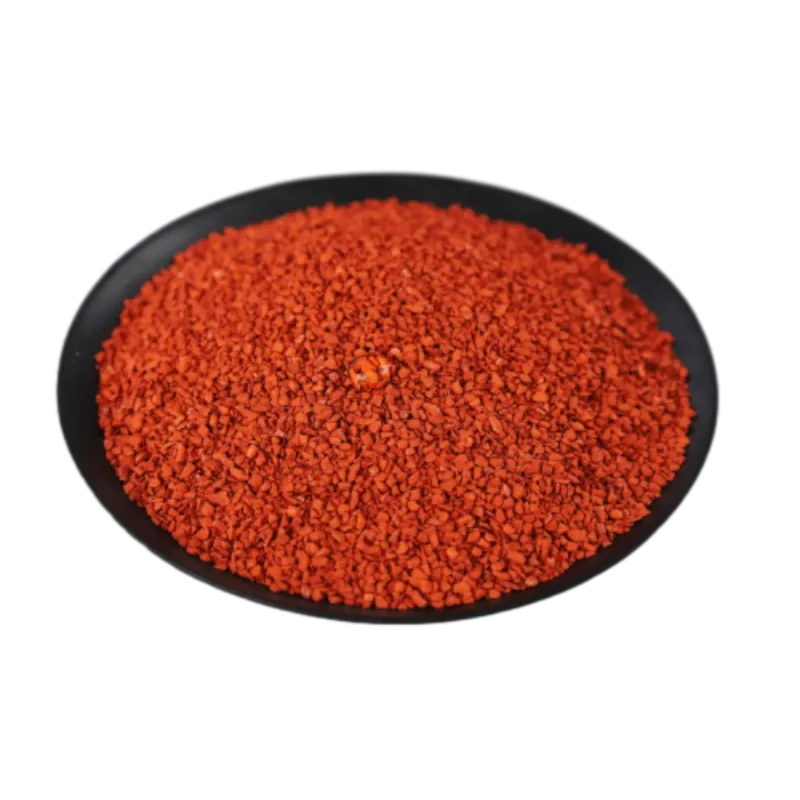
Aug . 14, 2024 02:36 Back to list
Exploring Alternative Roofing Options Beyond Traditional Asphalt Shingles for Sustainable Building Practices
Exploring Non-Asphalt Shingles A Sustainable Roofing Alternative
In recent years, homeowners and builders have become increasingly interested in sustainable and durable roofing materials. One such alternative gaining popularity is non-asphalt shingles, which offer a range of benefits over traditional asphalt shingles. This article explores the various types of non-asphalt roofing materials, their advantages, and considerations for homeowners looking to make a more environmentally friendly choice.
Types of Non-Asphalt Shingles
1. Metal Shingles Made from steel, aluminum, or copper, metal shingles are known for their longevity and resistance to harsh weather conditions. They can mimic the appearance of traditional materials such as wood or tile while providing superior protection. Metal roofs also reflect solar heat, which can help reduce cooling costs in hot climates.
2. Slate Shingles Slate is a natural stone that has been used for roofing for centuries. Known for its exquisite beauty and durability, slate shingles can last over 100 years with proper maintenance. While the initial cost can be high, slate's longevity and low maintenance needs can make it a cost-effective choice in the long run.
3. Wood Shingles and Shakes Made from natural materials, wood shingles (typically cedar or redwood) offer a classic aesthetic. While they require regular maintenance to prevent rot and insect damage, they provide excellent insulation and can enhance the home's visual appeal. Homeowners should look for sustainably sourced wood shingles to minimize environmental impact.
4. Clay and Concrete Tiles These tiles provide a rustic, Mediterranean look and are incredibly durable. Clay and concrete offer natural insulation and can withstand extreme weather conditions. They also have a long lifespan, with some tiles lasting over 50 years, making them a worthy investment for homeowners.
5. Synthetic Shingles Made from recycled materials, synthetic shingles replicate the look of traditional materials like wood or slate while offering enhanced durability and resistance to storms, mold, and UV rays. They are lightweight, making installation easier and reducing stress on the structure of the home.
Advantages of Non-Asphalt Shingles
- Durability Non-asphalt shingles generally offer greater durability and can withstand severe weather, including high winds, heavy rain, and hail. This long-lasting performance reduces the need for frequent replacements, saving time and money.
non asphalt shingles

- Aesthetic Appeal Homeowners have a wide range of aesthetic options to choose from when selecting non-asphalt shingles
. These materials can enhance the curb appeal of a home, increasing its overall value.- Low Maintenance Many non-asphalt roofing options require less maintenance compared to traditional asphalt shingles. This can lead to lower long-term costs and reduced hassle for homeowners.
- Sustainability With increasing awareness of environmental issues, many homeowners are looking for eco-friendly solutions. Non-asphalt shingles, especially those made from sustainable materials or recycled products, can help reduce a building's carbon footprint.
- Energy Efficiency Certain non-asphalt materials, such as metal and clay tiles, reflect sunlight, contributing to a cooler home environment and reducing energy bills. This energy efficiency is increasingly important as energy costs continue to rise.
Considerations for Homeowners
While non-asphalt shingles offer numerous benefits, there are some considerations to keep in mind. The initial cost may be higher than asphalt shingles, necessitating a larger upfront investment. However, the longevity and lower maintenance needs may offset this cost over time.
Additionally, the weight of materials like slate and clay tiles can require additional structural support, which may involve further expenses during installation. Homeowners should consult with roofing professionals to understand their options fully and make suitable decisions based on their specific needs and budgets.
Conclusion
Non-asphalt shingles present an appealing and sustainable alternative to traditional asphalt roofing materials. With various options available and numerous benefits regarding durability, aesthetics, and eco-friendliness, homeowners can achieve both beauty and functionality while contributing to a more sustainable future. By carefully considering the investment and consulting with professionals, homeowners can enhance their properties with a roofing solution that stands the test of time.
-
Premium Round Asphalt Shingles: Durable & Elegant Roofing
NewsAug.01,2025
-
Eco-Friendly Clay Tiles | AI-Enhanced Durability
NewsJul.31,2025
-
Durable Shingle Granules for Premium Roofs
NewsJul.31,2025
-
Stone Coated Metal Roof Tile-Roman Tile for Durable Roofing Solutions
NewsJul.30,2025
-
Stone Coated Metal Roof Tile-Wood Grain Tile for Durable Roofing
NewsJul.30,2025
-
Stone Coated Metal Roof Tile-Nosen Tile: Durable, Stylish Roofing Solution
NewsJul.29,2025







